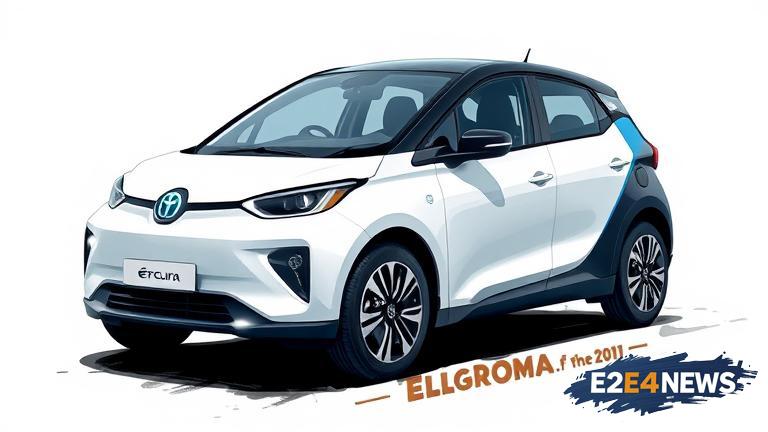The Indian government has announced a comprehensive plan to promote the adoption of electric vehicles (EVs) in the country. The plan includes a range of incentives and initiatives to encourage the use of EVs, including tax exemptions, subsidies, and investment in charging infrastructure. The government aims to increase the share of EVs in new vehicle sales to 30% by 2030. To achieve this goal, the government will provide subsidies to manufacturers of EVs and charging infrastructure, as well as to consumers who purchase EVs. The plan also includes the development of a network of charging stations across the country, with a focus on major cities and highways. The government has set a target of installing 2,500 charging stations in the next two years. In addition to these initiatives, the government will also promote the use of EVs in public transportation, including buses and taxis. The plan is expected to have a significant impact on the environment, with a reduction in greenhouse gas emissions and air pollution. The government has also announced plans to invest in research and development of new EV technologies, including battery technology and charging systems. The plan is part of the government’s broader strategy to reduce the country’s dependence on fossil fuels and promote sustainable development. The government has set a target of reducing carbon emissions by 33-35% by 2030, and the promotion of EVs is a key part of this strategy. The plan has been welcomed by the automotive industry, which sees significant opportunities for growth in the EV sector. Several major automakers have already announced plans to launch new EV models in India, and the government’s incentives are expected to encourage more companies to enter the market. The plan is also expected to create new job opportunities in the EV sector, including in manufacturing, sales, and maintenance. However, some experts have raised concerns about the feasibility of the plan, citing the need for significant investment in infrastructure and the potential for disruption to traditional industries. Despite these challenges, the government is confident that the plan will be successful, and that India will become a leader in the global EV market. The plan is a significant step forward for India’s EV sector, and is expected to have a major impact on the country’s transportation landscape. The government will continue to monitor the progress of the plan and make adjustments as needed to ensure its success. The plan is a key part of the government’s vision for a sustainable and environmentally-friendly transportation system, and is expected to play a major role in reducing the country’s carbon footprint. The government has also announced plans to promote the use of EVs in rural areas, where they can help to reduce emissions and improve air quality. The plan is a major opportunity for India to reduce its dependence on fossil fuels and promote sustainable development, and is expected to have a significant impact on the country’s economy and environment. The government will work with state governments and other stakeholders to implement the plan and ensure its success. The plan is a significant step forward for India’s EV sector, and is expected to have a major impact on the country’s transportation landscape.
